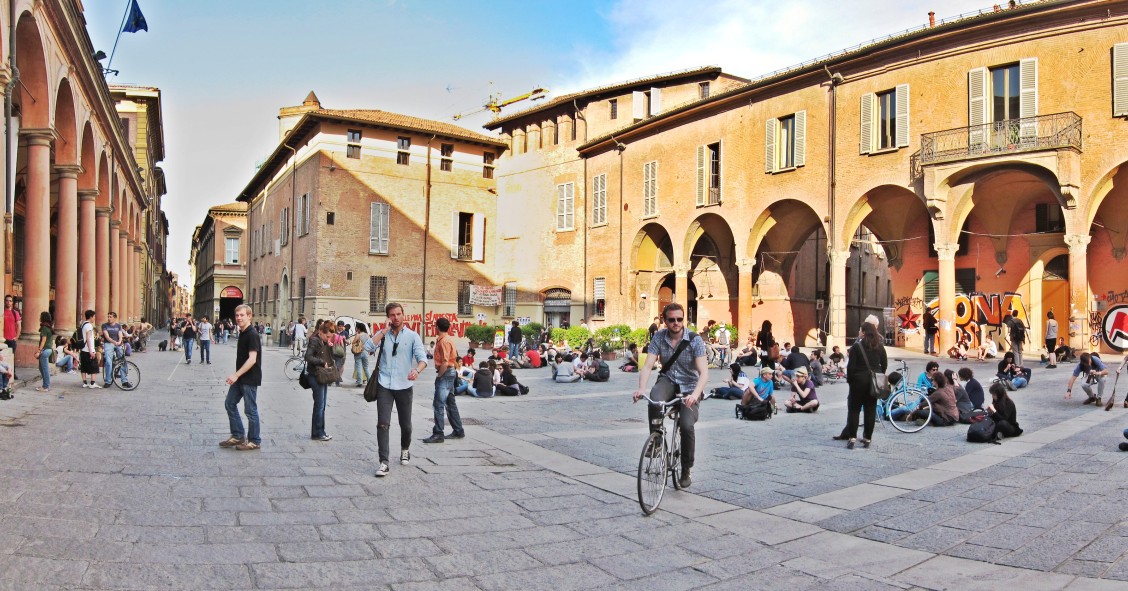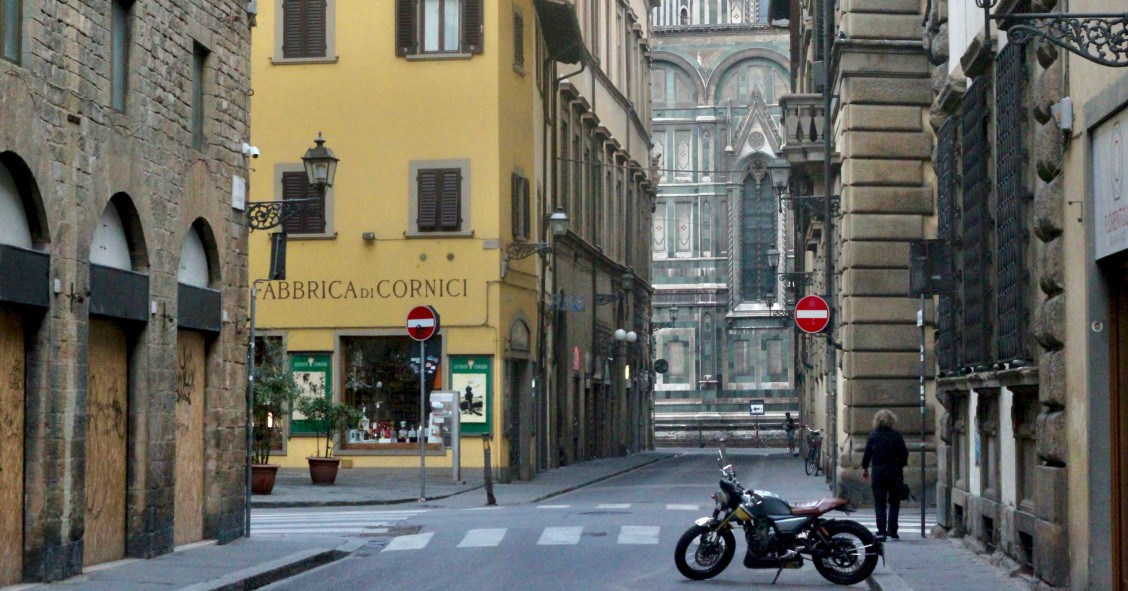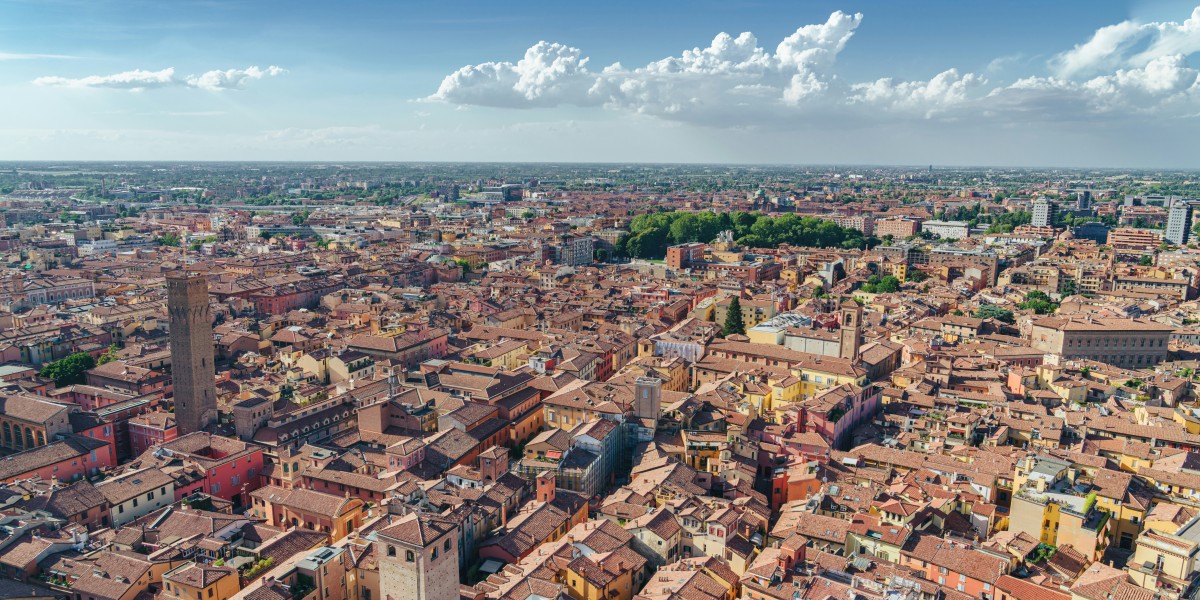
If you’re thinking about spending your uni years somewhere with a bit of edge and loads of history, Bologna hits the spot. Home to the oldest university in the Western world, the city is famous for its red roofs, legendary food scene, and streets that always have something going on. Bologna draws all sorts—from first-year students to seasoned language learners, making it an ideal destination for anyone looking to immerse themselves in authentic Italian culture while earning a world-class degree.
Is Bologna a good place to study?
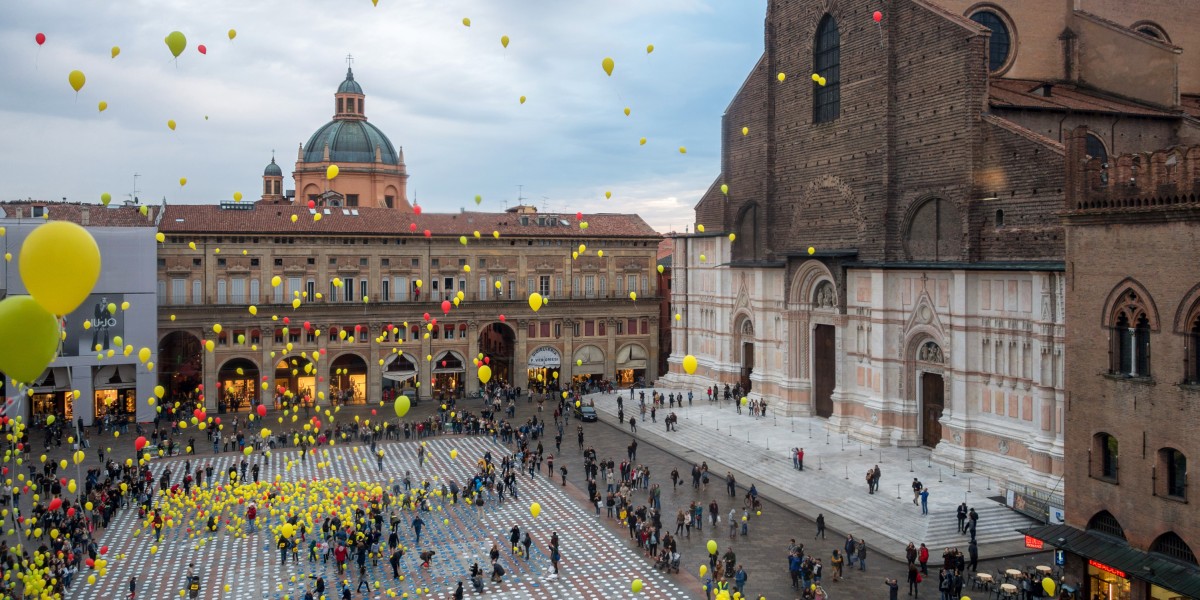
Bologna isn’t just about old books and lectures—it’s the kind of place where you can really get under the skin of Italian student life. You’ll find people from every walk of life squeezed into hidden cafés, little art cinemas, and noisy piazzas. The University of Bologna has a solid reputation, scoring high in the global ranking, and the city consistently ranks among Italy’s top university cities for quality of life and student satisfaction. Students here rate the city highly for friendliness, openness, and having the right balance between work and play. There's an active Erasmus community, plenty of events, and friendly locals eager to welcome newcomers.
What to study in Bologna: courses and specialities
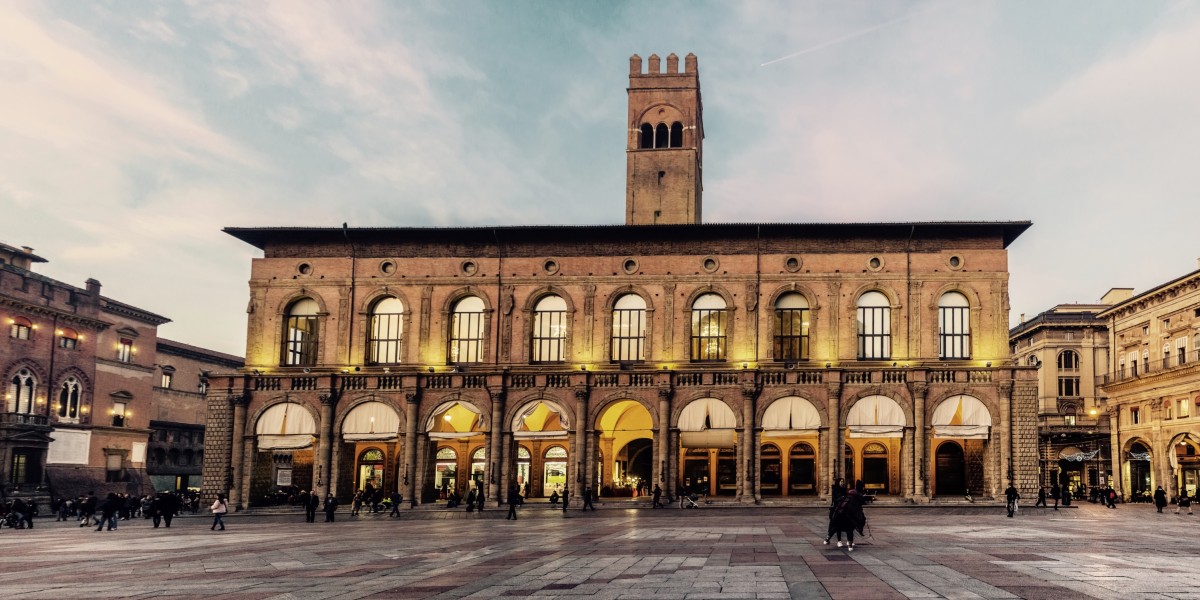
University of Bologna
The University of Bologna offers heaps of courses for international students, including bachelor's, master's, PhD, and professional master's programmes. The university keeps things fresh with a wide spread of courses—think agriculture, art and design, economics, engineering, and a bunch more. There are Italian classes for every level, and it’s a decent way to make mates if you arrive not knowing anyone. If you’re eyeing up medicine, art, or architecture, Bologna’s got a good track record, with solid departments and lots of links to industry and creative scenes.
Other institutions
While the University of Bologna is a major draw, the city has plenty of other options worth checking out. The Academy of Fine Arts is great for painting, sculpture, and creative courses, while the Conservatorio Giovanni Battista Martini lets music lovers study everything from classical to jazz. If you’re thinking global, Johns Hopkins SAIS Europe offers programmes in international relations taught in English, and Bologna Business School is a strong pick for MBAs and business-focused master’s.
Those keen to learn Italian in Italy can turn to places like Cultura Italiana or ARCA, and there are also lots of smaller institutes covering everything from food science to design.
University of Bologna: apply
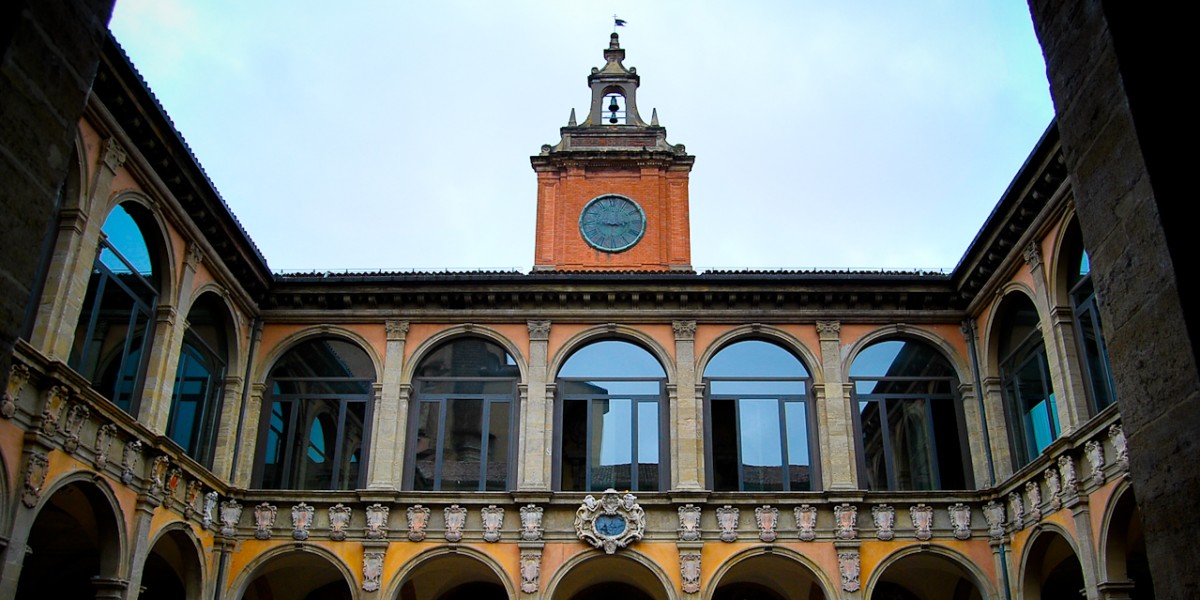
Getting into the University of Bologna isn’t nearly as intimidating as you might think. They’re used to welcoming students from all over, and there’s straightforward info on entry requirements, whether you’re local or coming from abroad. Loads of degree programmes are in English, and the university has made things pretty simple for newcomers, with orientation weeks, language classes, and a helping hand when it comes to sorting out the paperwork.
Requirements typically include validated secondary school certificates, language proficiency, and—depending on the course—a motivation letter or entrance exam. The university also participates in various international exchange schemes, making it even easier for students from across Europe and beyond.
If you’re feeling a bit nervous about the admin side of things, most folks say the trick is to stay organised and reach out to the international office early. They’ll run you through everything from diploma checks to what you need for your visa.
How much does it cost to study in Bologna?
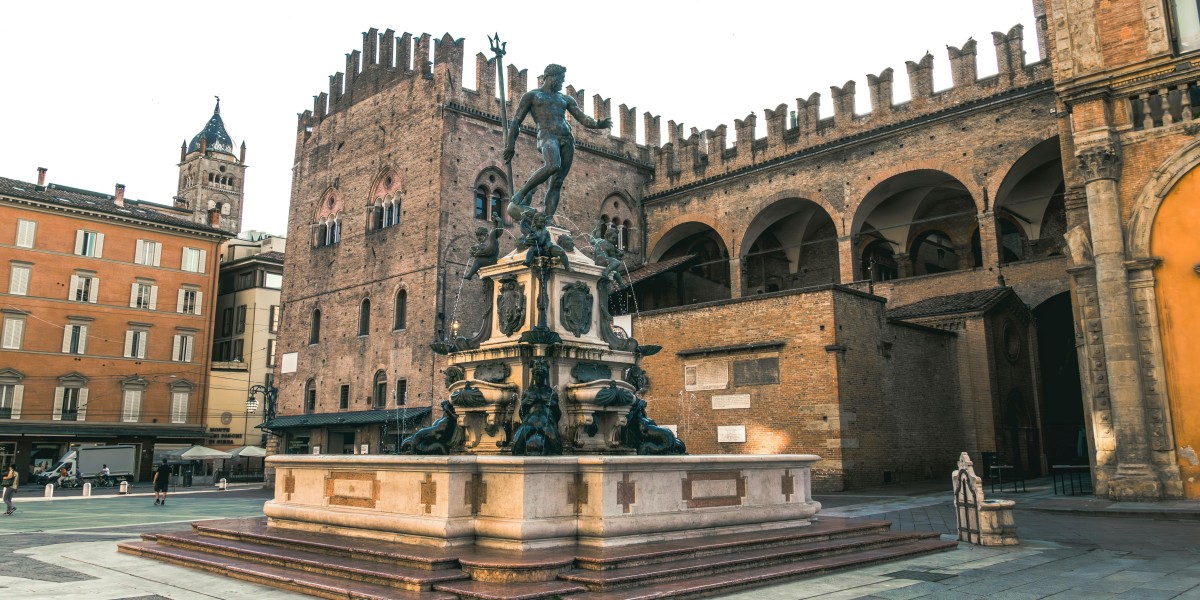
University fees in Bologna can vary, depending on your nationality, what type of degree you choose to study, and your income background. Tuition fees at the University of Bologna keep things inexpensive, especially if you’re an EU student. Most pay between €2,000 and €3,500 a year, but this varies depending on your economic situation. There are also scholarships available for those who qualify. It’s not free, but if you check your eligibility, you might be surprised how manageable it is. Fees to study MBA courses at the University of Bologna can be considerably more expensive, at around €15,000.
Private schools and international institutes, such as Johns Hopkins SAIS Europe or certain business schools, typically have much higher tuition, sometimes ranging from €10,000 to over €20,000 per year, especially for postgraduate or MBA programmes.
Cost of living as a student in Bologna
As for living costs, most students reckon you’ll need about €800 to €1,100 a month to stay comfortable, covering your rent, food, and a few nights out. Groceries and public transport don’t break the bank, especially if you make the most of student deals. Compared to Milan or Rome, Bologna’s a breath of fresh air, but do watch out for the rental rush at the start of term.
Student accommodation in Bologna
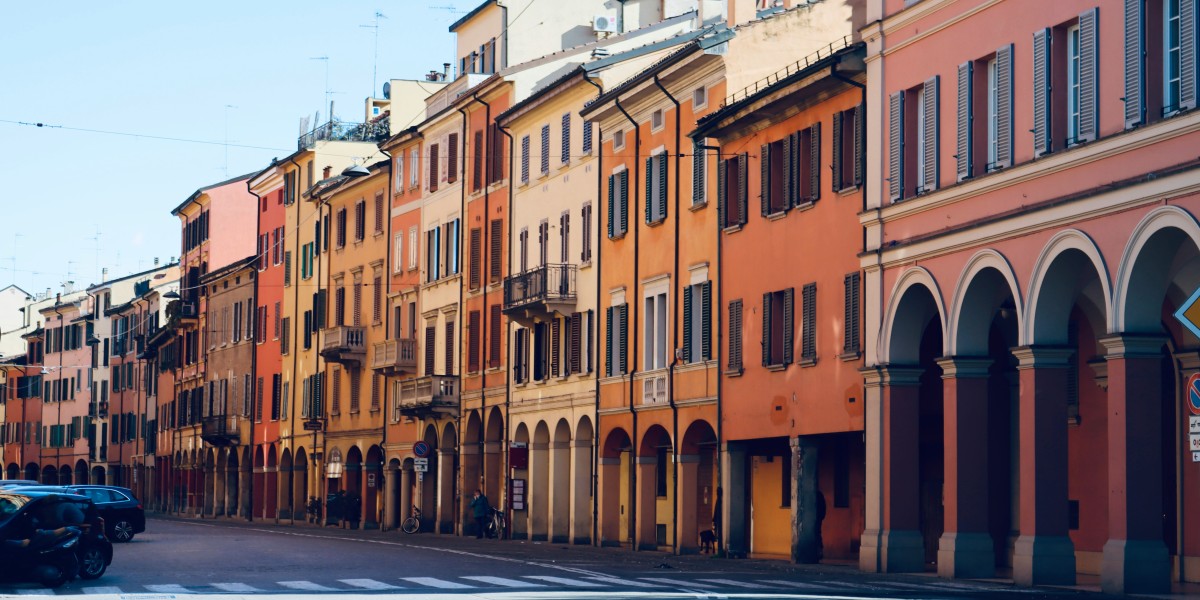
If you want to land somewhere central—or just close to late-night pizza—start your search early. The best area to live as a student in Bologna really depends on your preferences and lifestyle. Most students opt for shared flats, which is both cheaper and a good way to meet people. University halls exist, but places get snapped up quickly. Studio apartments work well if you want a slice of independence, but they’re pricier.
Recent numbers put Bologna rent prices at about €18 per m² as of April 2025. That means an 80m2 apartment costs around €1,440 per month. A room in a shared flat could set you back €350–€600 per month, with the cheapest rooms for rent in Bologna starting from around €300. Bigger places or those right in the city centre will be more expensive. If you have a little more money to spend, renting your own studio flat is a good option.
What is student life like in Bologna?
The university quarter is packed with chilled bars, tiny sandwich shops, and street musicians, making it easy to drift from lectures to lunch with a new crowd. You may find impromptu house parties and make friends with people you meet at the language exchange or in line for a coffee.
Locals are chatty, and Bologna’s size means you never feel lost. Cheap eats, open-air cinema in the summer, and those famous medieval porticoes to get you home dry when it rains—there’s a reason people stick around even after graduation.
Study in Bologna vs. Padua
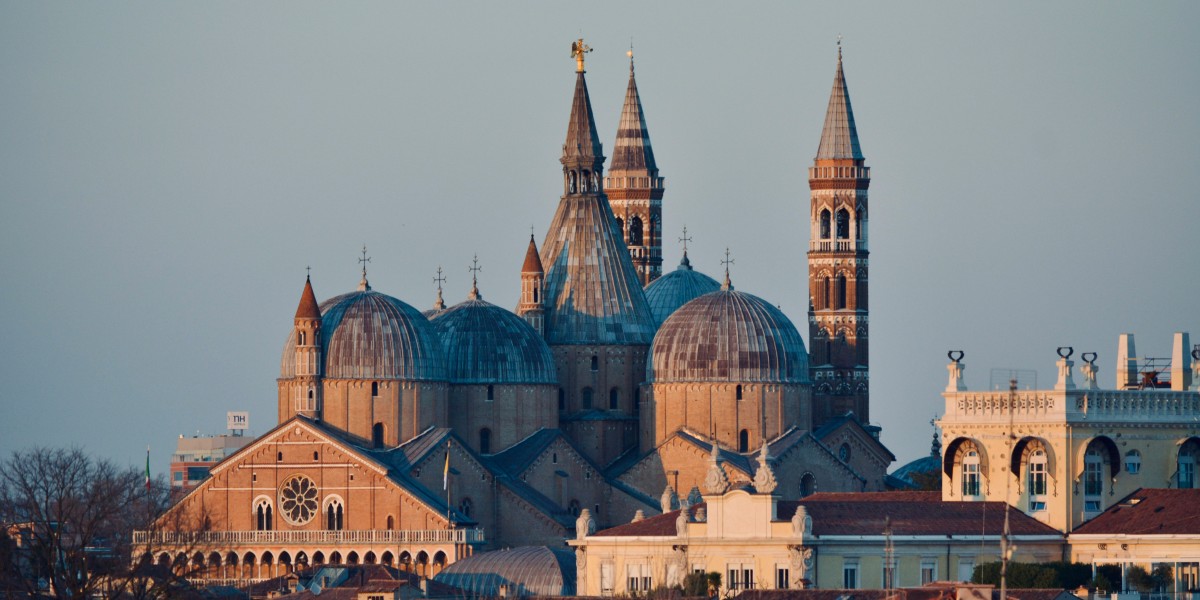
Both are top picks for students in northern Italy and have a strong international vibe. Bologna is bigger, more central, and famous for its lively student scene and the University of Bologna’s reputation for innovation and inclusivity. It’s the place most people think of for student life, bustling piazzas, and a late-night social scene. Padua is a little smaller and has a more relaxed, traditional feel—great if you prefer a quieter environment but still want a top-notch education. Both cities offer English-taught courses, solid research, and good transport links, but if you want more action and a broad mix of students, Bologna probably has the edge. Those after something a bit more laid-back or affordable may lean towards Padua.
What to consider before studying in Bologna

There are a few practical bits to tick off before you arrive. If you’re from the EU or EEA, moving to Bologna is pretty much straightforward. You don’t need a student visa, but you should register with the city hall (Comune) and apply for an Italian tax code (codice fiscale).
For non-EU students like Americans who intend to stay for more than 90 days, you’ll need a student visa before you travel and must apply for a residence permit (permesso di soggiorno) within eight days of arriving in Italy. Most universities require proof of language proficiency, too, and you’ll also need health insurance. EU students can usually use their EHIC card, while non-EU students should arrange private cover before they arrive.
Finally, don’t forget to check if there are extra steps for your particular course—sometimes there are entrance tests or document checks, so always double-check the university’s admissions section for the latest on what you’ll need.




